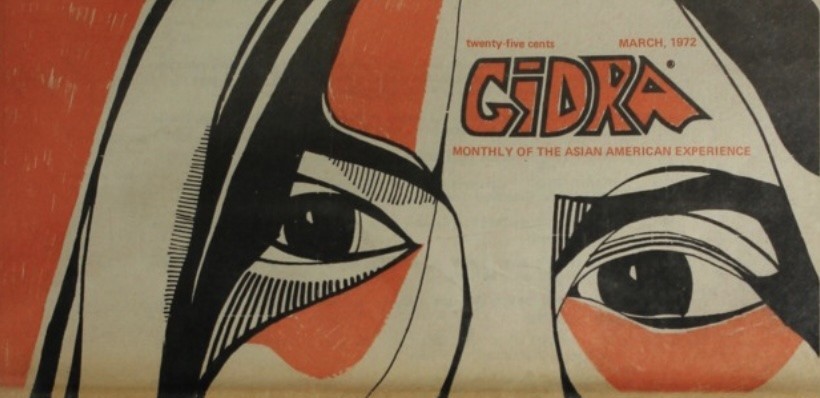Current Events
Please be sure to review the below schedule to view the Spring 2025 semester Philosophy events. You may also click the "add" button to add the event to your calendar.
***IF YOU ARE HAVING CHALLENGES ADDING THE EVENT TO YOUR CALENDAR: You may want to try either: Logging out of other Google accounts or using a different browser or copy/pasting the link into a new incognito window, and logging in with the correct account
| date/Time | location | event title | summary | add to calendar |
|---|---|---|---|---|
|
4/14 - 4/15 8:30am - 6:00pm on 4/14 and 8:30am - 5:00pm pm 4/15 |
MC 250 |
Asian American Philosophy Workshop |
(Densho archive: https://densho.org/catalyst/gidra-now-available-online/) A gathering of philosophers sharing and fine-tuning their work in progress on Asian American themes. This workshop explores aesthetic, political, and epistemological aspects of Asian American experience and the wider social landscape of the U.S. Speakers:
Sponsored by Fleishhacker Endowment, this event is free and open to the public |
|
|
|
|
|
||
|
|
